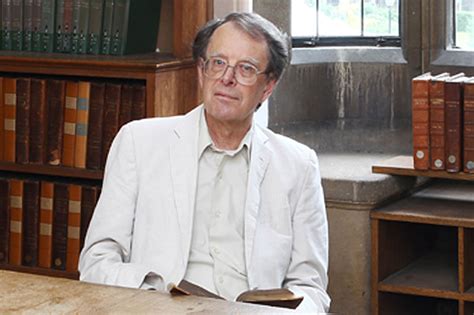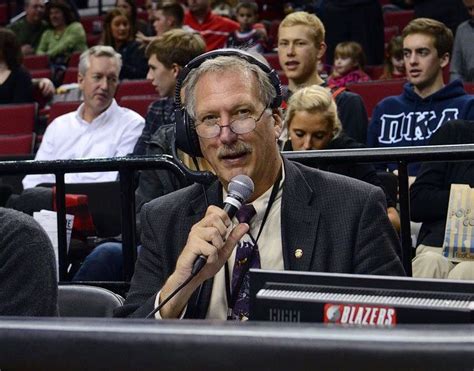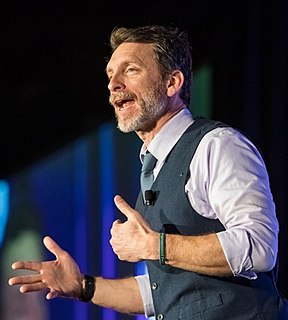A Quote by Ruth Simmons
We wanted to see how access to care can be expanded and service quality can be improved when one uses a participatory approach to program development. We showed that major changes become possible if you work in a participatory manner, listen to local people, diagnose what the problems are, provide training and identify where there are opportunities for mobilizing local resources to take action. In time leaders from other municipalities expressed interest in replication and the project succeeded in expanding innovations to three other areas.
Quote Topics
Access
Action
Approach
Areas
Become
Care
Changes
Development
Expanding
Expressed
How
Identify
Improved
Innovations
Interest
Leaders
Listen
Local
Major
Major Change
Manner
Opportunities
Other
Participatory
People
Possible
Problems
Program
Project
Provide
Quality
Replication
Resources
See
Service
Succeeded
Take
Three
Time
Training
Uses
Wanted
Work
Related Quotes
We have emphasized the importance of applied action research because it allows evidence-based policy and program development and a focus on learning. We are also committed to using a participatory approach in which local people, local program managers and providers, local researchers, women's health activists, and national decision-makers play the leading role. International "experts" from technical assistance agencies or universities can make important contributions, but they certainly don't have all the answers.
If instead policy makers and program managers participate in an interdisciplinary assessment team, make informal visits to local families and have in-depth conversations with local providers and health authorities, the real needs and complex challenges of organizing good reproductive health services become apparent.The first country that implemented this participatory program of assessment, research and policy development was Brazil. I was one of the outsiders who provided support to the initiative.
What is the manager's job? It is to direct the resources and the efforts of the business toward opportunities for economically significant results. This sounds trite - and it is. But every analysis of actual allocation of resources and efforts in business that I have ever seen or made showed clearly that the bulk of time, work, attention, and money first goes to problems rather than to opportunities, and, secondly, to areas where even extraordinarily successful performance will have minimal impact on results.
No matter how you care to define it, I do not identify with the local group. Planet, species, race, nation, state, religion, party, union, club, association, neighborhood improvement committee; I have no interest in any of it. I love and treasure individuals as I meet them, I loathe and despise the groups they identify with and belong to.
International "experts" from technical assistance agencies or universities can make important contributions, but they certainly don't have all the answers. When ownership is local and national, and various stakeholders work together, program innovations have a greater chance to take root and survive.





























